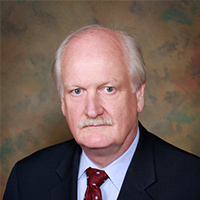Driftwood DUI-DWI Lawyer, Texas
Sponsored Law Firm
-
 x
x

Click For More Info:
-
Law Office of Robert R. Jones III
2411 Emancipation Ave, Suite 202, Houston, TX 77004» view mapCriminal Defense Expert Representation for Reasonable Rates
If you need representation, call me 24/7.
800-883-8760
Edwin Gerald Morris
✓ VERIFIEDAustin, Texas based criminal defense lawyer, E. G. "Gerry" Morris, has since 1977 represented individuals accused of state and federal crimes, both in... (more)
Steven Ashley Gibbins
✓ VERIFIEDBorn and educated in Austin, Texas. Graduated from University of Texas undergraduate school in 1979 and from its law school in 1982. Licensed by the T... (more)
Mia Alexia
✓ VERIFIEDMia Alexia is a practicing lawyer in the state of Texas.
Novert Morales
In 1996, Attorney Novert Morales founded Morales Law Office, Attorneys at Law, PLLC., a private practice dedicated to representing individuals and fa... (more)
Michelle M. Galaviz
FREE CONSULTATION
CONTACTWilliam M Hines
FREE CONSULTATION
CONTACTFREE CONSULTATION
CONTACTFREE CONSULTATION
CONTACTFREE CONSULTATION
CONTACTFREE CONSULTATION
CONTACT Robert Jones San Antonio, TX
Robert Jones San Antonio, TX AboutLaw Office of Robert R. Jones III
AboutLaw Office of Robert R. Jones III Practice AreasSpecializations
Practice AreasSpecializations




